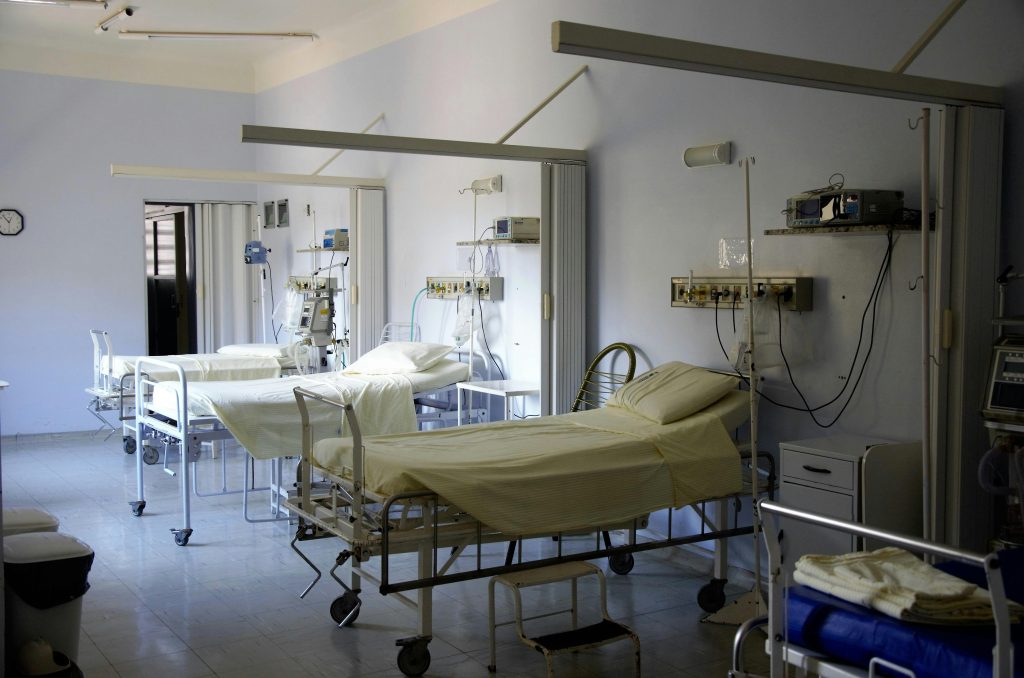 In a heart-wrenching case involving the sexual assault of a patient at an outpatient psychiatric treatment facility, the Louisiana Court of Appeal, Third Circuit, recently affirmed a summary judgment that dismissed claims against two individual owners/officers of the facility. The decision, handed down in Sam v. Genesis Behavioral Hospital, underscores the legal complexities surrounding personal liability for corporate officers in cases of negligence. Let’s delve into the details of the case and its implications.
In a heart-wrenching case involving the sexual assault of a patient at an outpatient psychiatric treatment facility, the Louisiana Court of Appeal, Third Circuit, recently affirmed a summary judgment that dismissed claims against two individual owners/officers of the facility. The decision, handed down in Sam v. Genesis Behavioral Hospital, underscores the legal complexities surrounding personal liability for corporate officers in cases of negligence. Let’s delve into the details of the case and its implications.
Facts and Procedural History
The plaintiff, Jessica Charles, attended an outpatient program at Genesis Behavioral Hospital. Tragically, she was lured off the premises by another patient, Dave Carter, Jr., and was subsequently raped and exposed to HIV. Understandably, Ms. Charles filed a lawsuit seeking damages from Mr. Carter and Genesis Behavioral Hospital, its insurer, and its officers, Will Arledge and Gretchen Karltenbach.
 This case examines the requirements for proving merchant liability in slip and fall cases, emphasizing the importance of evidence and the burden of proof.
This case examines the requirements for proving merchant liability in slip and fall cases, emphasizing the importance of evidence and the burden of proof. Louisiana Personal Injury Lawyer Blog
Louisiana Personal Injury Lawyer Blog


 The
The 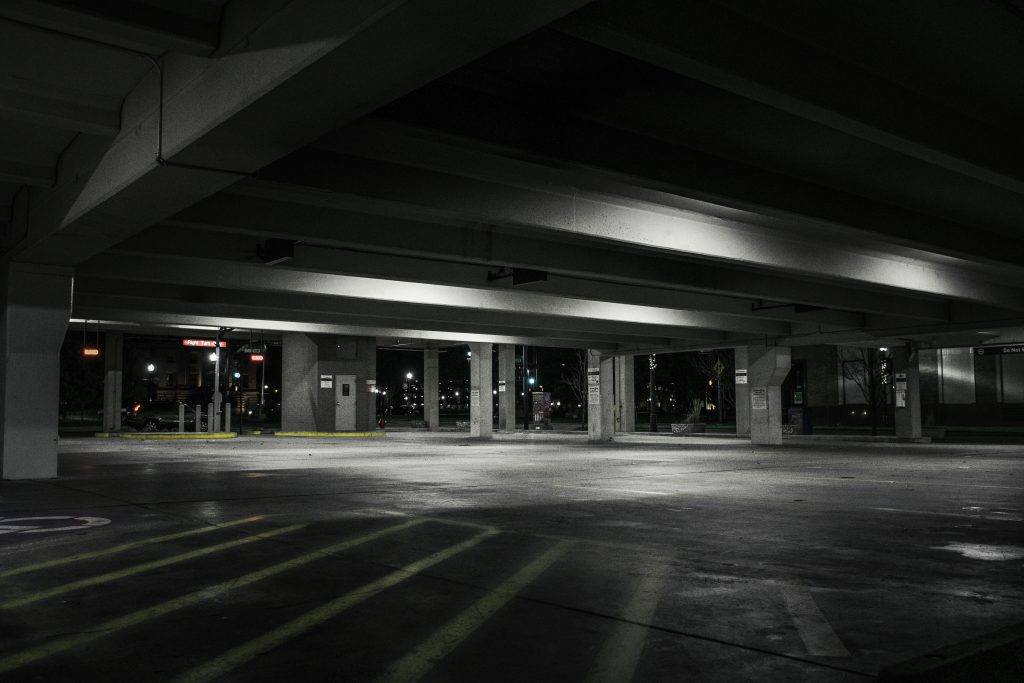 A celebratory night out turned into a nightmare for Reuben Ellis when he was shot in a parking lot after attending a friend’s wedding reception at Bella Noche nightclub. Ellis’s quest for justice led him to sue not only the nightclub but also the property owner, Plaza Holdings, LLC. This legal battle highlights the complexities of premises liability and the extent to which property owners are responsible for the safety of their tenants’ patrons.
A celebratory night out turned into a nightmare for Reuben Ellis when he was shot in a parking lot after attending a friend’s wedding reception at Bella Noche nightclub. Ellis’s quest for justice led him to sue not only the nightclub but also the property owner, Plaza Holdings, LLC. This legal battle highlights the complexities of premises liability and the extent to which property owners are responsible for the safety of their tenants’ patrons.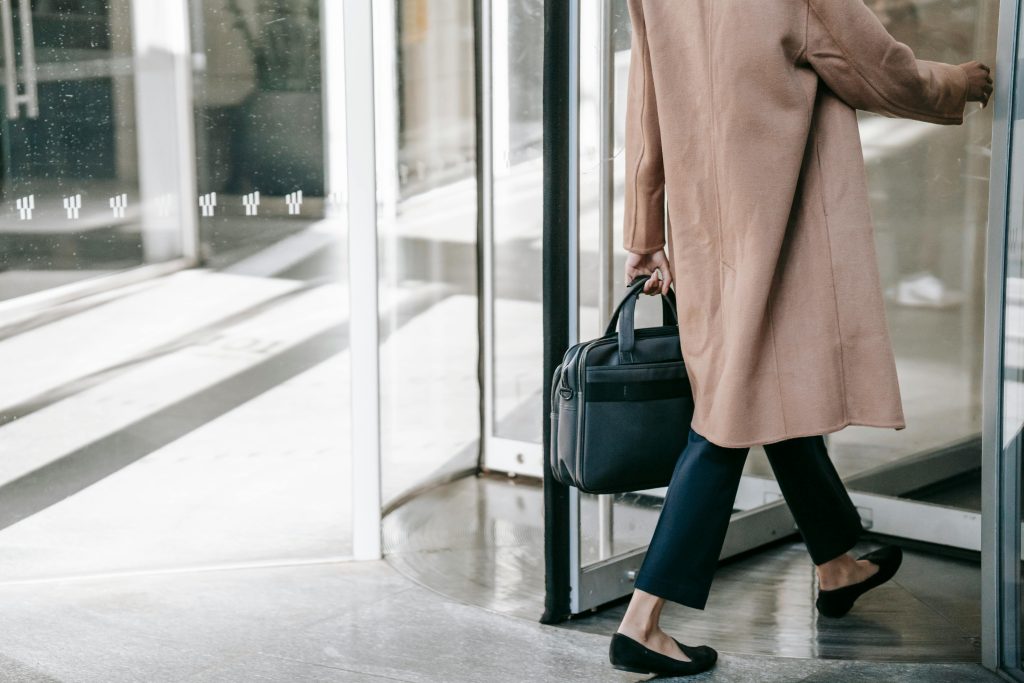 In a recent decision by the
In a recent decision by the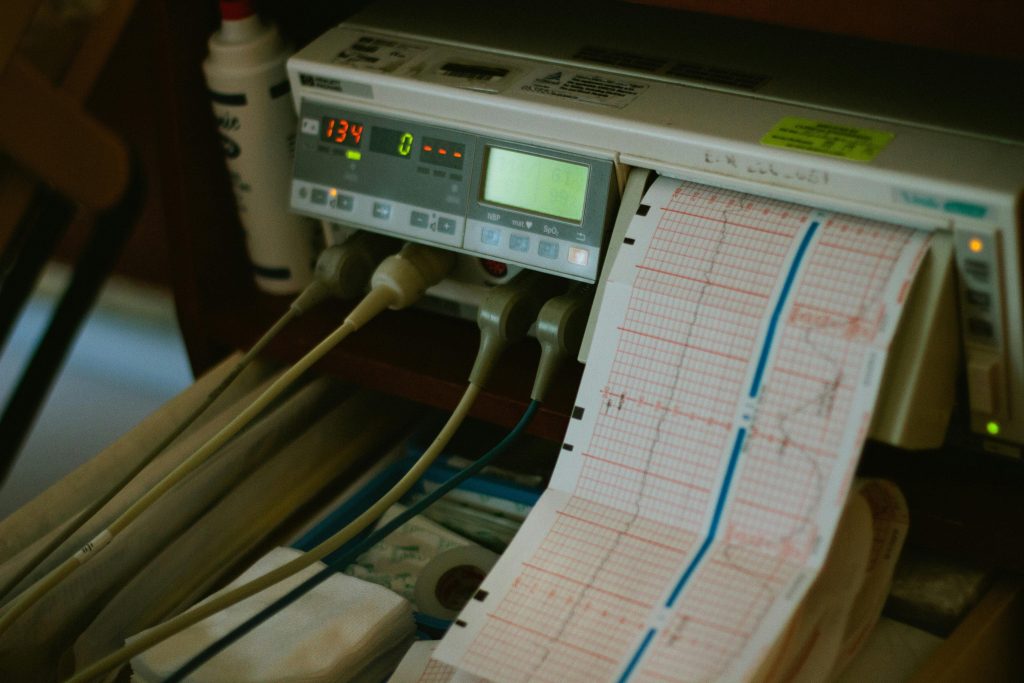 In a recent decision, the
In a recent decision, the  In a recent decision, the Louisiana Fifth Circuit Court of Appeal reversed a summary judgment granted to the
In a recent decision, the Louisiana Fifth Circuit Court of Appeal reversed a summary judgment granted to the 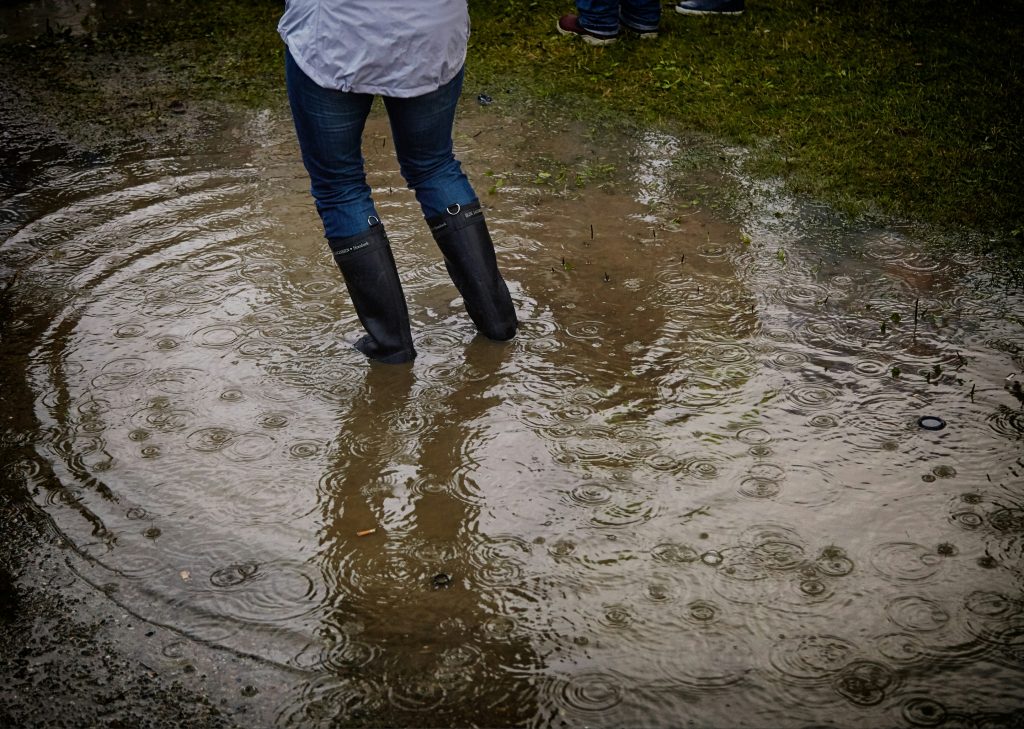 In a recent
In a recent  In a recent personal injury case, Latulippe v.
In a recent personal injury case, Latulippe v. 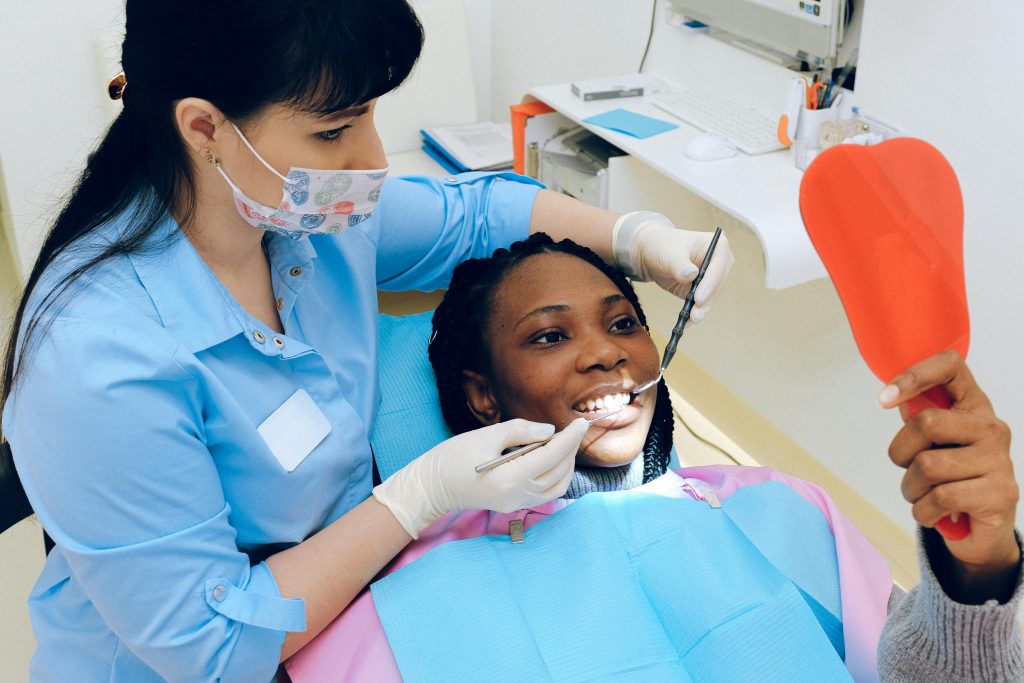 A recent Louisiana
A recent Louisiana  In a heart-wrenching case involving the sexual assault of a patient at an outpatient psychiatric treatment facility, the Louisiana Court of Appeal, Third Circuit, recently affirmed a summary judgment that dismissed claims against two individual owners/officers of the facility. The decision, handed down in
In a heart-wrenching case involving the sexual assault of a patient at an outpatient psychiatric treatment facility, the Louisiana Court of Appeal, Third Circuit, recently affirmed a summary judgment that dismissed claims against two individual owners/officers of the facility. The decision, handed down in